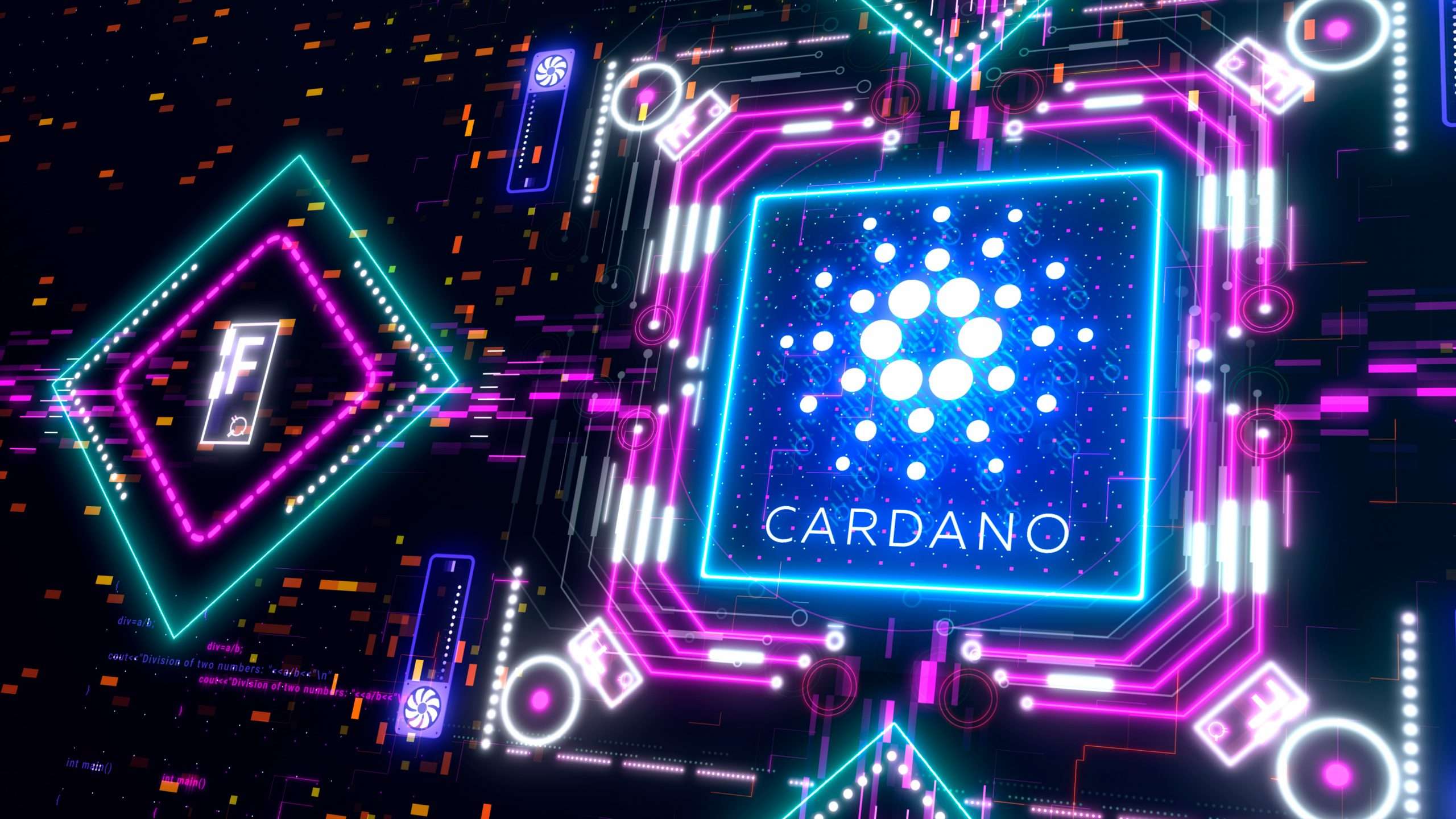 [ad_1]
[ad_1]

Source: Aleksandra Sova – Shutterstock
- Research from MIT and Harvard concludes that a blockchain-based voting system would pose more security concerns than the existing system.
- Cardano’s inventor, Charles Hoskinson, refutes the research findings.
IOHK CEO and Cardano inventor Charles Hoskinson has released a video that refutes the findings of a joint research by Harvard and MIT. Entitled “Going From Bad to Worse: From Internet Voting to Blockchain Voting”, the research aims to “disprove” that a digital voting system would be a better alternative to the current system.
Over the past five years, the US electoral system has been severely tested by its participants. As early as 2016 Donald Trump declared that there were irregularities in the electoral process. Currently, there is an unprecedented dispute over possible election fraud. According to the incumbent US president, there have been numerous cases of fraud, voting destruction and other irregularities in the decisive states.
In this sense, research from academic institutions says that a digital voting system based on blockchain technology would be a worse alternative in terms of security and participation. Furthermore, it would introduce new problems, as the research states:
(…) given the current state of cybersecurity, any increase in turnout from internet-based or blockchain-based voting would come at the cost of losing the significant certainty that votes were counted while they were calculated and not altered or discarded imperceptibly. This state of affairs will continue as long as standard tactics such as malware, zero days, and denial-of-service attacks continue to be effective.
Cardano’s inventor emphasizes the complexity of blockchain voting
Hoskinson noted that the research offers a good perspective on the voting system in general, although he dismissed the conclusions. According to the research, a correct voting system must guarantee compliance with five points: the anonymity of the vote, transparency, system independence, contestation of the process, audit. According to the study, the blockchain-based voting system lacks these characteristics.
The CEO of IOHK explained that the research does not take into account crucial aspects such as demographics, context and social dynamics in a system. Therefore, his conclusions are limited. Some security issues highlighted, according to Hoskinson, can occur in a traditional system as well as in a blockchain-based system. Despite this, blockchain technology offers solutions that can be difficult to implement in a traditional system.
Specifically, regarding the possible manipulation and theft of votes, Hoskinson said that with a digital system, voters can sign their ballots with a hash using a method of identification (DID) to verify that their vote is “correctly. However, the inventor of Cardano admits that blockchain technology is ineffective in some respects.
For example, in the management of private keys. Hoskinson therefore believes that a good solution is to implement a hybrid system where people can choose the most appropriate voting method. A voting system based on blockchain technology should, according to the CEO of IOHK, have the following characteristics: an identity identification and management mechanism, should allow the reproduction of the vote and prevent falsification:
The reality is, you can’t digitally vote unless you have a bulletin board authentication. It is not enough to say: “I can press a button and vote. You need some symmetry in the system where what you enter into the system cannot be faked (…) The only way to do this effectively is with a digital signature in some way.
Finally, Hoskinson believes it is equally important to have a secure operating environment for the voting system. Cardano’s inventor further claims that progress has been made on this issue, but claims that there is “nothing that is 100% safe”. It also points out that building a secure “ubiquitous infrastructure” is very expensive.
[ad_2]Source link